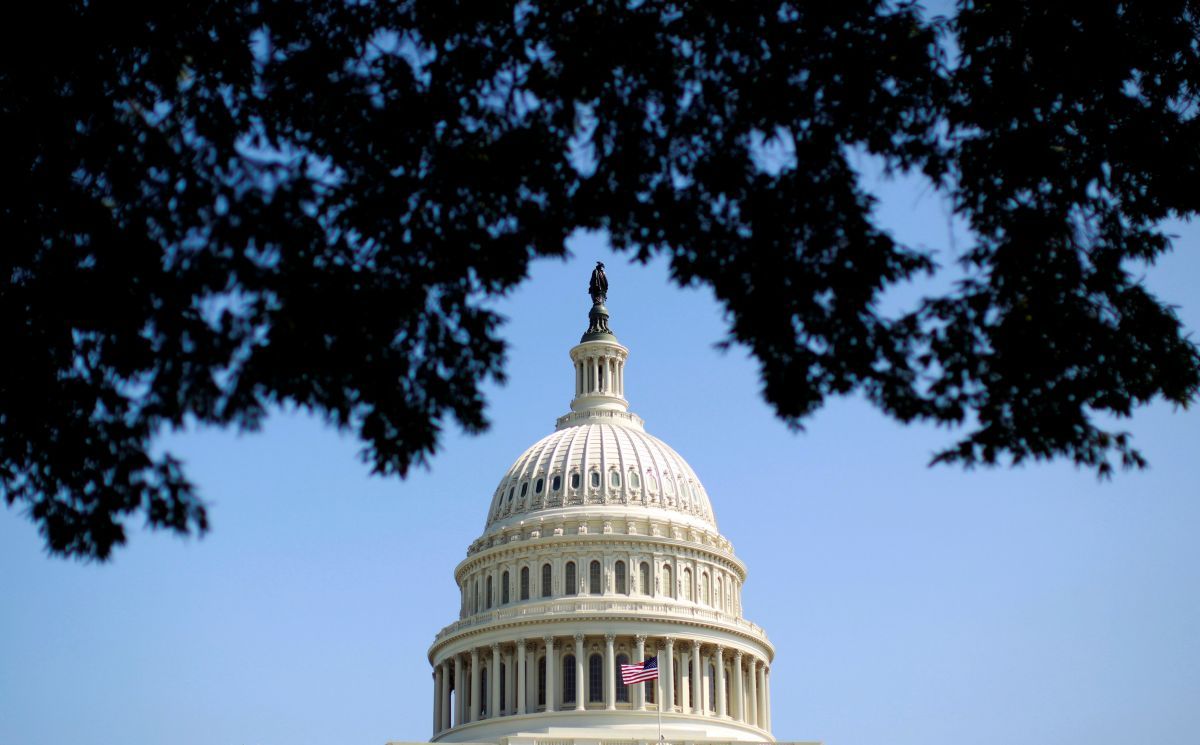
Top congressional Democrats warned in a cryptic letter they released on Monday that a foreign power was using disinformation to try to interfere in the presidential election and the activities of Congress, and demanded a prompt briefing by the FBI to warn every member of Congress.
While the letter writers, led by Speaker Nancy Pelosi, did not specify the threat, officials familiar with a classified addendum attached to it said the Democrats' concerns touched on intelligence related to a possible Russian-backed attempt to smear the presidential campaign of former Vice President Joseph R. Biden Jr., according to The New York Times.
They contend that the Russian-linked information is being funneled to a committee headed by Senator Ron Johnson, the Wisconsin Republican who is investigating Biden and his son, who was once paid as a board member of a Ukrainian energy company. While neither Mr. Johnson's inquiry nor much of the information in question is new, the Democrats' letter is an attempt to call attention to their concern that the accusations are not only unfounded but may further Russia's efforts to interfere again in the American presidential election.
The warning had echoes of the 2016 campaign.
Read alsoEx-ambassadors of U.S. to Ukraine make statement over "false and toxic narrative"
In the letter, addressed to Christopher A. Wray, the FBI director, on July 13, the Democrats wrote that they were "gravely concerned, in particular, that Congress appears to be the target of a concerted foreign interference campaign, which seeks to launder and amplify disinformation in order to influence congressional activity, public debate and the presidential election in November."
Behind the congressional Democrats' warning are the efforts of a Ukrainian lawmaker, Andriy Derkach, who was educated in a KGB-backed school and was, until recently, closely aligned with a pro-Russian political faction in Ukraine. In May he released tapes of what he said were fragments of telephone conversations between Mr. Biden, then the vice president, and Ukraine's president at the time, Petro Poroshenko.
The purported tapes did little to change the understanding of the elder Mr. Biden's engagement with Ukraine's leadership. Mr. Biden had publicly insisted that aid to Kyiv could be tied to the firing of a Ukrainian prosecutor, whom the United States and European nations had accused of corruption. So far, the accusations emanating from Derkach and others about Biden and his son, Hunter, have either been debunked or not been substantiated by any independent sources.
But the accusations, fueled by release of the tapes, led to more online conspiracy theories, which American intelligence officials have warned may well have their origins in Russia. Mr. Johnson has at various moments said he would subpoena evidence surrounding the dealings with Ukraine in the last years of the Obama administration, and The Washington Post reported this month that there was an effort among Ukrainian officials to pass the tapes to Johnson's committee.
Donald Trump has cheered his work. Pressure Trump put on Ukraine's leaders last year to investigate some of the same issues ultimately led to his impeachment, and in addition to raising questions about Biden and his son, Mr. Johnson's investigation has lent some senatorial legitimacy to Trump's claims about the matter.
Read alsoZelensky: Ukraine mustn't be dragged into U.S. election process over leaks
The investigation focuses on Hunter Biden's work for a Ukrainian energy firm, Burisma Holdings, and whether his presence and lucrative paycheck were meant to improperly curry favor with the Obama administration. Politico first reported that the Democrats' concerns were connected to Johnson's work.
The letter from the Democrats asked for the FBI to share what it knows with all lawmakers, "given the seriousness and specificity of these threats." The Democrats requested a briefing on the matter by the end of the month, when lawmakers are scheduled to leave Washington for several weeks.
An FBI spokeswoman acknowledged that the bureau had received the letter, but declined to comment further.

